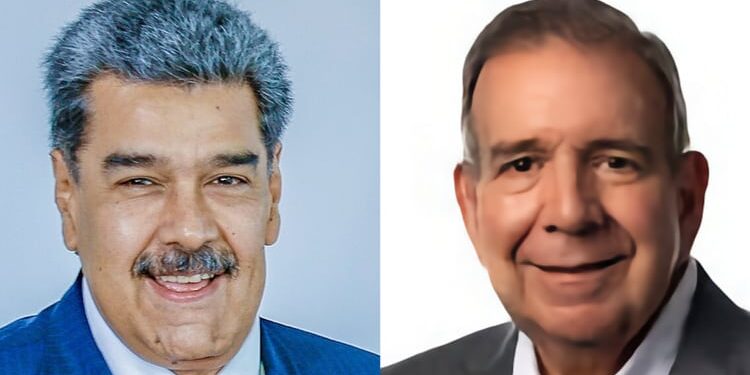Eduardo González
The Minister of Foreign Affairs, José Manuel Albares, has assured this Wednesday that Spain will not grant “any democratic legitimacy” to the president of Venezuela, Nicolás Maduro, and has affirmed that the Government is “open” to discussing new European sanctions against Caracas.
“We are not going to recognize any democratic legitimacy to Maduro. We have said this a long time ago. In fact, I was the first Minister of Foreign Affairs who said it very clearly,” declared Albares to the media in Brussels, upon his arrival at the NATO ministerial meeting.
The Council of Ministers appointed this past Tuesday Álvaro Albacete, current director of the Cabinet of the Minister of Culture, Ernest Urtasun, for the post of ambassador of Spain in Venezuela, in which he will replace Ramón Santos. With his appointment, Albares manages to close the appointment of a new ambassador in Caracas before January 10, the day in which the transfer of powers in Venezuela should take place. Maduro has not recognized the opposition candidate Edmundo González Urrutia as the winner of the presidential elections on July 28. González Urrutia, who has been living in Spain since September with political asylum, has recently asked Spain to join the United States, the European Parliament and other countries (such as Italy) and recognize him as the “elected president” of Venezuela. In Spain, both the Congress and the Senate have asked the Government to recognize him as the winner of the elections and, therefore, as the “elected president.”
In this regard, the minister did not clarify on Wednesday whether the EU intends to approve new sanctions against Caracas or to recognize González Urrutia as the “elected president,” taking into account that on July 10 both the presidential changeover and the renewal of the current European sanctions will take place.
“We are doing things in concert with our international partners,” but very few States, you can count them on the fingers of one hand, have recognized Edmundo González,” he declared. In any case, “there are no concrete decisions” on that possibility, he added.
Regarding possible new European sanctions, Albares said that Spain has no “problem” in discussing this issue. “There are already sanctions so extensive that it is even difficult to find new people to sanction, but we are open to any measure,” he concluded.







